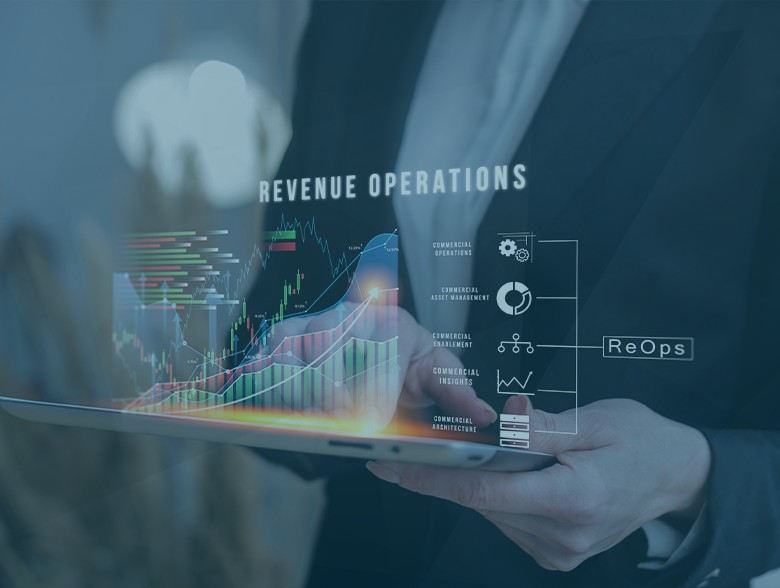By Charlie Regan, CEO, Nerds on Site
As more and more industries and businesses turn to digital technologies in order to power their operations, cyber-attacks present a larger and more widespread threat for organizations and enterprises all over the world. The frequency and severity of these attacks have grown exponentially in recent years, causing major disruptions in services and costing companies enormous sums of money and time. This growing risk affects every level of industry, from critical services and infrastructure down to small-to-medium enterprises. In fact, for every high-profile attack, there are hundreds that affect smaller companies and networks, such as small businesses, city and town municipalities, local medical facilities, legal offices, and non-profit organizations. Cyber security is not just a concern for critical infrastructure and major corporations, but for any organization that means safeguarding the networks and systems vital to maintaining their operations.
The rise in cyber attacks has coincided with the number of companies and services that are now hosted on digital networks. While these technologies have made countless processes easier to execute, they also come with inherent vulnerabilities. This growing pool of potential targets has attracted more and more hackers and ransomware gangs that endlessly seek to exploit weaknesses in any system. Advancements in these digital technologies, such as artificial intelligence, may have improved operational efficiency and allowed companies to become more streamlined and sustainable, but they have also enabled hacker groups to increase the severity and sophistication of these cyber-attacks and made it easier to gain access to systems and sensitive information. Hackers are casting wider nets, probing deeper for network vulnerabilities, and breaching companies at higher rates, all at greater and greater speeds afforded to them by the continued advancement of digital technologies.
Cyber attacks are largely a financially-motivated crime. A hacker or ransomware gang is able to gain access to a company’s servers and threaten to either release sensitive customer data or cripple their operations unless payment of ransom is made. While critical infrastructure and high-profile companies with billion-dollar valuations would seem the logical preferred target of these groups, small-to-medium enterprises actually account for almost 70% of reported attacks. The reason being is quite simple. These companies, by and large, lack the resources and security protocols to repel cyber attacks, and hackers will always gravitate towards the path of least resistance.
While money may be the principal motivation for these ransomware groups, it is not the only one. Many of these hacker groups are actually using these tactics in order to advance some politically or ideologically motivated agenda. This can be domestic, as we have seen a rise in ‘hacktivism’, the practice of using cyber attacks and breaches as exercises in civil disobedience and a means to strike out at political parties, industries, and businesses. This can also be global, however, as these groups militarize. As international conflicts continue to erupt and escalate in every corner of the world, cyber terrorists join ranks in these wars in order to strike out at the economic and social structure of their enemies. Whether this is Russian efforts to destabilize Ukraine or Hamas attacking United States organizations that use Israeli-made technologies and industrial devices, these hacker groups fight their own war on digital battlefields. When mobilized, these groups can cause untold damage and disruption to a nation’s economic and military capabilities.
For many companies, the threat of cyber attacks looms large. Not only do these attacks cause loss of revenue and disruption of services, but they also come at the risk of the personal data and information entrusted to them by their valued customers and clients. These incidents are not just minor threats to a company’s continued viability. Many do not last six months following a reported breach. Then there is the toll that these attacks take on the very fabric of our society. Hospitals and health centers have to turn patients away and prioritize the urgency of one surgery over another due to massive operational outages. Municipalities and critical infrastructure are unable to respond effectively to emergencies and provide vital services to constituents and customers.
As these attacks increase in frequency and scope, cybersecurity protocols must be implemented and adhered to in order to thwart hackers and ransomware groups. There needs to be a better understanding of security risks and appropriate cyber attack strategies among all levels of business and industry. There must be a concerted effort to become more proactive. The traditional approach to cyber security is not enough. Cyber criminals are able to gain access to and set up network surveillance and data drips for months before businesses are even made aware of a breach. By implementing safeguards that can monitor all outbound traffic on a network and install egress controls to deny any connections that are unknown and/or connecting to highly suspicious countries, organizations can identify threats and prevent breaches with greater speed and efficacy. The deployment of these protocols would allow businesses and IT providers the foresight to know about any activity taking place on their network and over their network connection and offer them the tools and resources to effectively handle any potential threat that may arise. Until this has been achieved, cyber-attacks will continue to rise, and, given our world’s increasing reliance on digital technologies, so will the stakes.
About the Author
 Charlie Regan, CEO at Nerds On Site.
Charlie Regan, CEO at Nerds On Site.
Charlie can be reached online at [email protected] and at our company website https://www.nerdsonsite.com


